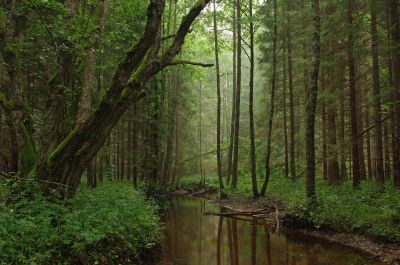Scientists have
been puzzled for years by what is known as the riverine input–output
paradox for organic pollutants (RIOPOP). This is the phenomenon whereby
pollutants introduced into a river upstream are no longer carried by the
river when it reaches the sea.
The EU-funded DEGRAPOLL project investigated this occurrence to
better understand how rivers process organic pollutants. The project
focused on sulphonamides, a common class of antibiotics linked to the
rise in antibiotic-resistant bacteria.
Project members collected water and rocks from two different points
(upstream and downstream) of the Llobregat river in Spain. These were
used to create artificial ecosystems with two different concentrations
of sulphonamides.
Researchers tested overall changes in sulphonamide concentrations
and markers of microbiological growth. They found that in both cases,
certain bacteria from biofilms on the rocks were able to break down the
sulphonamides in the ecosystem.
This is an important finding for toxicity assessments of new
chemicals, as the by-products themselves may be harmful. DEGRAPOLL has
contributed significantly to scientists' understanding of RIOPOP and
river systems in general.
 EN
EN  CS
CS DE
DE ES
ES FR
FR HU
HU IT
IT PL
PL PT
PT РУ
РУ SK
SK TR
TR УК
УК AR
AR 中文
中文







